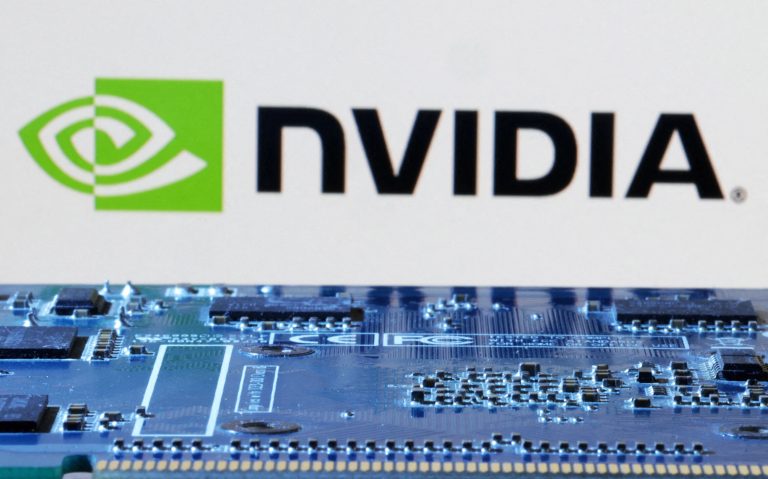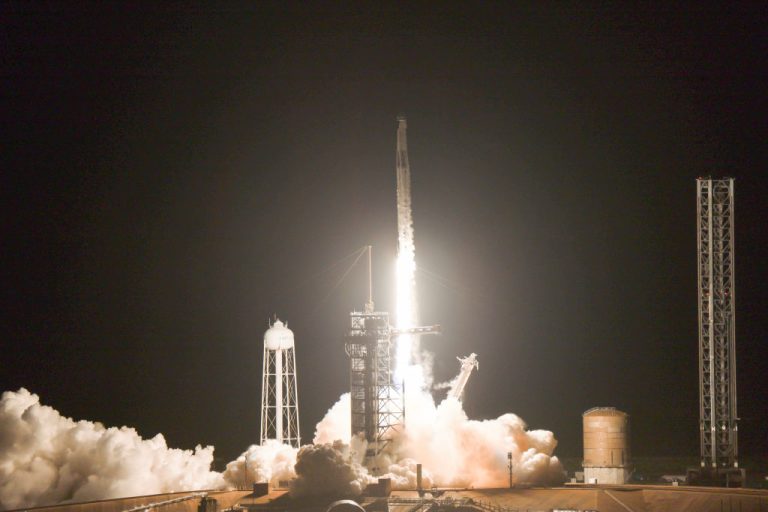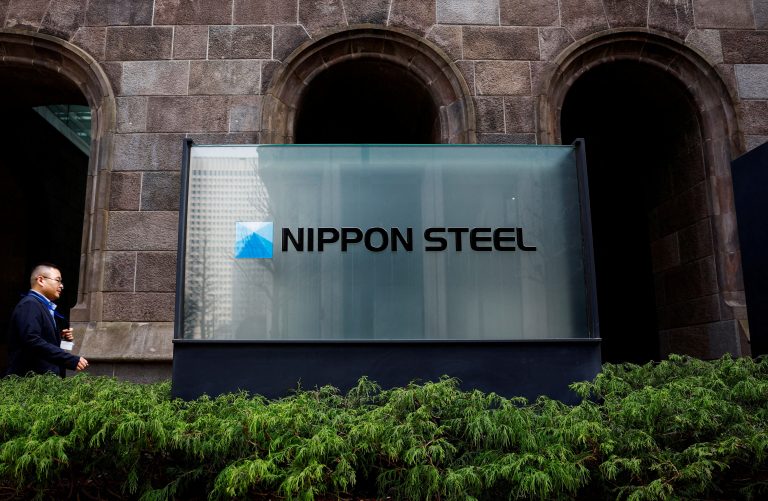The first half of 2024 has been another whirlwind in world markets.
Forecasts for a global interest-rate-cutting frenzy may not have materialized, but Nvidia and the rest of the Magnificent 7 soared another $3.6 trillion in market value.
The “Magnificent 7” is a label used in finance to describe a group of high-performing tech stocks: Microsoft, Apple, Nvidia, Alphabet, Amazon, Meta, and Tesla.
MSCI’s 47-country world stocks index has clocked up 11 percent since January, nowhere near the 30 percent leap of team tech, or the eye-popping 150 percent gain of chip champion Nvidia.
Chris Metcalfe, the chief investment officer of IBOSS Asset Management said “Thirty percent of the S&P’s returns this year have come from Nvidia alone.”
Success
You are now signed up for our newsletter
Success
Check your email to complete sign up
He pointed out Nvidia now had the most expensive stock on the most expensive market in the world.
Japan’s yen has bowed to a 38-year low against the dollar in currency markets.
Cocoa had one of its best-ever runs, while French bond risk has exploded to its highest level since the euro crisis.
That happened after French President Emmanuel Macron called an unexpected parliamentary election, the first round of which was held on Sunday, June 30.
Government bonds had been having a tough time anyway.
Predictions of a gush of rate cuts have turned out to be just a dribble in a few parts of Europe and emerging markets and certainly not in the United States yet.
As a result, anyone owning a basket of benchmark bonds has lost around 1.5% of their money.
Nadege Dufosse, the head of multi-asset at Candriam said: “At the end of last year, the markets expected seven [U.S.] rate cuts and now they are expecting just one or two.”
“That has been the big driver and explains the [poor] performance,” he added.
A shaky and frail showing from the U.S. President Joe Biden in his latest presidential debate against Donald Trump, has brought November’s U.S. election uncertainty up substantially.
On July 4, Britain will also go to vote, although there aren’t expected to be many market fireworks.
Almost certainly will be the first change of government in 14 years in the UK, with the Labour Party seen as the favorite to win the elections.
The big story in commodities has been cocoa sky-rocketing almost 85 percent due to shortages. This is already its second-biggest annual leap of all time.
Gold hit a record high of just shy of $2,450 an ounce in May.
Oil is up a respectable 12 percent while bitcoin broke through $70,000 and set a flurry of new highs after U.S. watchdogs gave bitcoin exchange-traded funds the green light.
The value of global M&A activity is up 5 percent compared to the first half of last year.
Ecuador’s bonds have made 46 percent despite lingering debt concerns and Argentina’s new austerity-minded President Javier Milei has helped its bonds jump 32 percent.
Emerging-market veteran Kevin Daly at Aberdeen said there has been a “distressed to impress” move, with the bonds of crashed countries like Zambia, Ghana and Sri Lanka all rallying between 16 and -23 percent as their years-long debt restructurings have neared an end.
As always though, there have still been plenty of downs in emerging markets too.
Chinese property stocks have fallen for the ninth quarter in a row. Devaluations have shoved Nigeria’s and Egypt’s currencies down 42 percent and 36 percent respectively.
Mexico’s peso was down nearly 8 percent in June after a resounding presidential election result fed worries about its future path.
Reuters contributed to this report.







